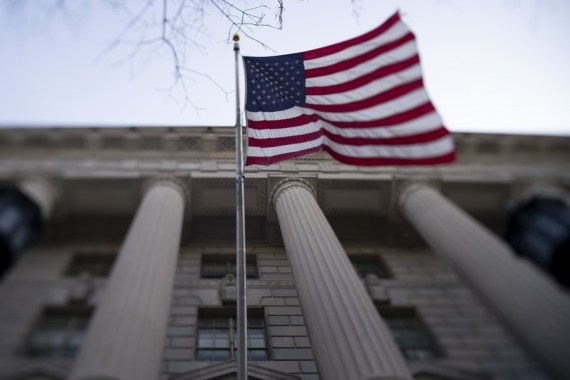A U.S. federal judge has temporarily blocked the Trump administration from deploying 200 Oregon National Guard troops in Portland, pending further legal proceedings. The decision, issued by U.S. District Judge Karin Immergut, pauses President Donald Trump’s order to send troops into the city, which he described as “war-ravaged” and overrun by “lawlessness.”
Temporary Restraining Order in Effect
Judge Immergut, a Trump appointee, issued the temporary restraining order (TRO) on Thursday, citing the need to maintain constitutional safeguards while the case proceeds. The order will remain in effect for 14 days, expiring on October 18 unless extended by the court. The ruling marks a significant setback for the White House, which had intended to deploy military personnel not only to Portland but also to other cities led by Democratic administrations that the president has criticized for rising crime rates.
Oregon Challenges Federal Overreach
The legal challenge was filed by Oregon Attorney General Dan Rayfield on September 28, one day after President Trump announced plans to send the National Guard to Portland. The state’s lawsuit argues that the federal government’s deployment plan violates both the U.S. Constitution and federal law — specifically, the Posse Comitatus Act, which prohibits the use of military forces to enforce domestic laws without congressional approval.
Also Read
“The federal government cannot treat our cities as war zones or our citizens as enemies,” Rayfield’s office said in a statement following the ruling. “This is a victory for the rule of law and for Oregon’s right to govern its own communities.”
Background on the Dispute
The controversy stems from weeks of protests near Portland’s Immigration and Customs Enforcement (ICE) facility. While federal officials described the demonstrations as violent and linked to “domestic terrorism,” local authorities have maintained that the events were largely peaceful until federal intervention escalated tensions.
President Trump’s decision to send in the National Guard drew immediate backlash from state and city leaders, who accused the administration of attempting to score political points through federal overreach. Portland Mayor Keith Wilson and Oregon Governor Tina Kotek both voiced opposition, saying the move would only inflame unrest and undermine local law enforcement efforts.
What Comes Next
The restraining order halts any troop movements into Portland for now, but the legal fight is far from over. The court will hear further arguments later this month to determine whether the restriction should be extended or made permanent.
Judge Immergut’s decision underscores a broader debate about the limits of federal authority and the use of military power on U.S. soil — a dispute likely to continue shaping national politics in the weeks ahead.












